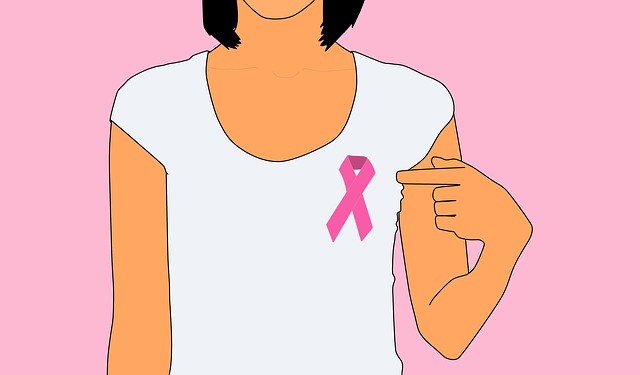With few exceptions, doctors aren’t really sure what causes breast cancer, a disease affecting one of every eight women over their lifetimes. However, there are various risk factors that can increase the likelihood of developing breast cancer, and some of them are under your control. The bad news is that many of these risk factors are not something you can act on. Here are 12 top causes of breast cancer.
Top Causes of Breast Cancer and Risk Factors
Genetic Mutation
Women with a BRCA 1 or BRCA 2 gene mutation have a greater risk of developing breast cancer, but they account for a small percentage of those with the disease. Those with a family history of breast or ovarian cancer should consider BRCA genetic testing.
Early Menstruation
Women whose menstrual cycles began before age 12, and in whom menopause was relatively late, are at greater risk for breast cancer due to longer hormonal exposure.
Increasing Age
Older women are more likely to develop breast cancer than younger females. Breast cancer is most often diagnosed in women aged 50 and up.
Alcohol Consumption
Excessive alcohol consumption can raise the odds of developing breast cancer.
Previous Breast Cancer
Unfortunately, if you have been diagnosed with breast cancer once, you are statistically more likely to develop breast cancer again. That also holds true if you were diagnosed with certain other breast conditions, such as atypical hyperplasia.
Postmenopausal and Overweight
After menopause and the loss of estrogen as the ovaries shut down, many women experience weight gain. Excess weight in postmenopausal women raises the risk of breast cancer. A healthy diet and good exercise program keeping you at a normal weight improves health overall, in addition to lowering the breast cancer risk.
Cigarette Smoking
While cigarettes have long been known to cause lung cancer, smoking also increases the chances of breast cancer development. Quitting smoking is one of the healthiest things you can do for yourself – and you will save a lot of money.
Night Shift Work
People who work at night rather than standard daytime hours may experience hormonal changes, and there is some evidence that these changes may increase breast cancer risk.
Chemical Exposure
There are many chemicals deemed carcinogenic, and breast and other cancers may result from such exposure.
Reproductive History
Women who never had children or who did not have their first child until after age 30 are considered at higher risk for breast cancer. If you are a mother but did not breastfeed, that also raises the risk slightly.
Lack of Physical Activity
Even if a woman is not overweight, if she is unfit her chances of breast cancer increase. A regular exercise program or daily long walks can help reduce this risk and benefit all aspects of health.
Standard Hormone Replacement Therapy
The use of standard hormone replacement therapy to reduce menopausal symptoms increases breast cancer risk. Standard estrogen replacement therapy is derived from pregnant mare’s urine. The use of plant-based bioidentical hormone replacement therapy does not raise the risk of breast cancer and may lessen it.

